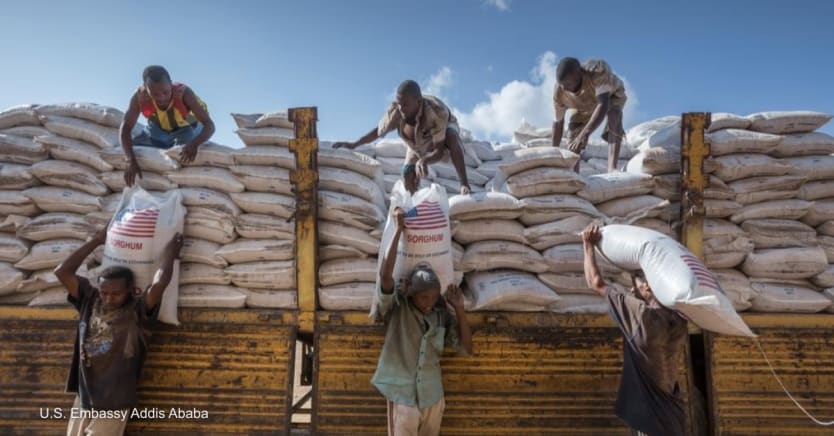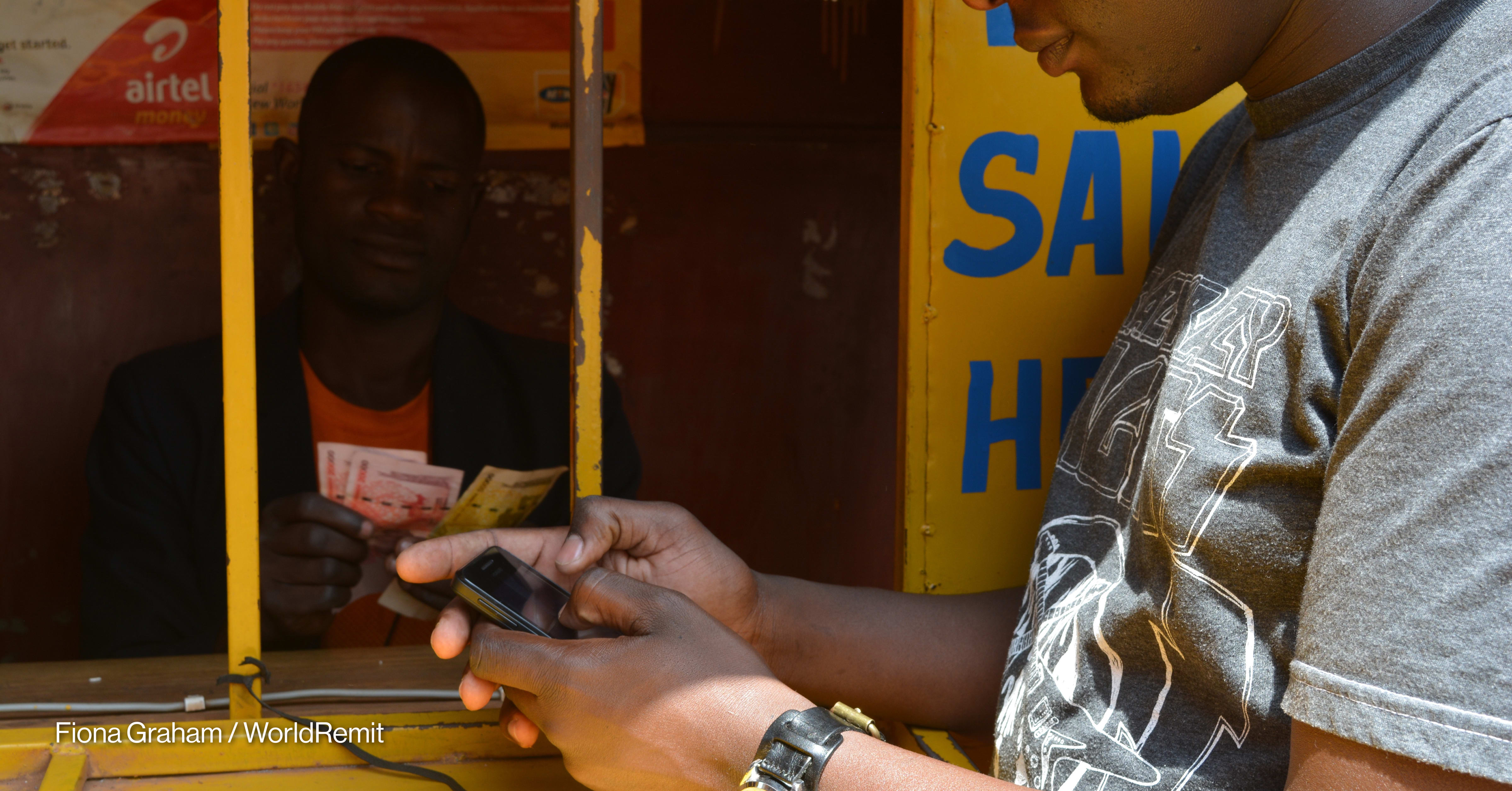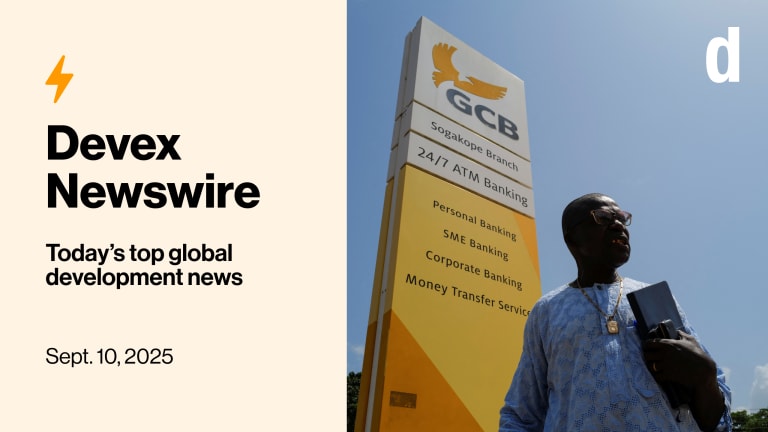
The COVID-19 pandemic has demonstrated that the international aid system — which many low-income countries rely upon to help pay for disasters — is no longer fit for purpose, a problem that will only get worse with the increased stress placed upon it by the effects of climate change.
In the 1980s, my country, Ethiopia, was the poster child for that system. The terrible famine of 1983-1985, and the Live Aid concerts it inspired, became synonymous with international aid and global solidarity.
But it also perfectly symbolized the “begging bowl” approach around which that aid operated — and still operates to this day — where appeals are launched to fund relief efforts after disasters have already taken place, and where success depends on the moral leadership and generosity of donor governments and their people.
To this day, vulnerable countries such as ours still have to wait … for international aid to make it to the front line after a disaster, by which time it is too late.
—During my 20 years as finance minister for Ethiopia, I saw firsthand the real achievements of this system — it has saved countless lives and offered hope to millions. But without doubt, it is also deeply flawed — marred with uncertainty, delays, and ever-increasing costs.
In the years following the famine, my country vowed to reduce its reliance on the system of foreign aid to manage chronic hunger and extreme poverty. So we set about creating a social safety net to support families whose livelihoods were at risk from disasters such as drought and floods. It was an expensive undertaking for one of the lowest-income countries in the world, but it was essential for our self-reliance. We needed a sustainable, national system to protect our people and only rely on outside help when in crisis.
In 2015, that crisis arrived. But the help did not.
The rains had failed, and 10 million of my fellow citizens were at risk of going hungry. That same year, Syrian asylum-seekers and refugees began arriving in Europe in large numbers. Millions of aid dollars were redirected to the Syrian response from other emergencies that were less high profile or considered less politically pressing — including the drought in my country.
To save lives, I was forced to take funding from health and education and other projects that would have helped our country become more prosperous and resilient in the future. The unreliable nature of international support was limiting our efforts to move Ethiopia out of poverty and away from aid dependence.
To this day, vulnerable countries such as ours still have to wait weeks, months, and sometimes years for international aid to make it to the front line after a disaster, by which time it is too late — lives have been lost, and the cost of recovery has spiraled out of control.
That is if help comes at all. We have no way of knowing.
Yet it does not have to be this way. We already have the technology and skills to predict most disasters before they take place. This allows us to prepare funding upfront that is triggered for automatic payment the moment trouble arises. This approach is much faster, and it ensures that international finance is always working — not sitting idle in bank accounts while children’s schools are being closed and refugees struggle to feed their families.
A new system based on this approach would also inject much-needed certainty into national plans to tackle poverty and adapt to climate change. It could help stem the current trend of disasters costing more with each passing year.
There are great examples of this approach working well, and growing consensus that more investment is needed. Yet, the system as a whole remains stubbornly reactive and overwhelming discretionary. How the world pays for crises and disasters is in need of an upgrade, and with climate change acting as a threat multiplier, action must be taken swiftly if lives are to be saved.
2022 could mark the beginning of the end of the disaster begging bowl system if world leaders — particularly the G-7 — could agree to a new approach, based on internationally agreed rules, where funds are automatically released to those in need, even before a disaster strikes.
Such a move would signal a recognition, especially by historically polluting countries, that paying for climate-related disasters can no longer be cast as an act of charity, but as an act of solidarity from which we will all benefit and for which we all must take responsibility.








